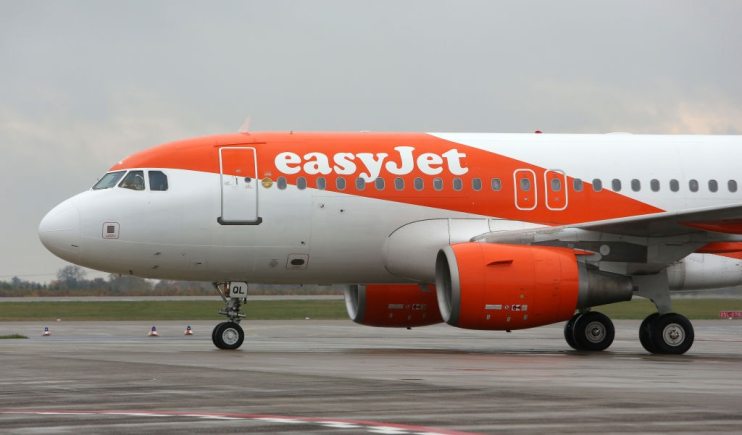Easyjet profit flies on soaring summer demand as pandemic recovery continues

Easyjet has swung to a record pre-tax profit of £203 million, up from a £114 million loss the previous year, on the back of soaring travel demand and high ticket fares.
For the three months leading up to June, the budget airline said revenues hit £2.3 billion, up 34 per cent year-on-year and giving a first hint of its performance over a critical summer season for aviation.
The Ftse-250 firm said it anticipated record profits for its fourth quarter period, although this was subject to ongoing flight disruption – namely, cancellations as a result of French ATC strikes and airspace restrictions over Ukraine.
Amid the booming demand, Easyjet – who currently have 163 aircraft on order through to 2028 – outlined plans to further expand its fleet, stating that it was “running a process to secure additional firm order positions.”
Johan Lundgren, CEO of easyJet, said: “our Q3 performance has been underpinned by strong passenger demand for easyJet’s network and services.”
“We continue to see good momentum as we move into Q4 where we will be operating over 160,000 flights and expect to deliver another record profit before tax (PBT) performance.”
Today’s update comes at the height of a critical summer season for aviation, as record bookings prompt airlines to eye a return to pre-pandemic profits.
Easyjet itself has shown a remarkably strong performance in recent months, having already reported a £120 million improvement year-on-year in its half year trading update in April.
Nonetheless, there has been rising concerns in the sector of the impact of flight restrictions and strike action on this summer’s anticipated growth, with Lundgren warning of a “challenging external environment” today.
“We are absolutely focused on mitigating the impact of the challenging external environment on our customers and flying them on their well-earned holidays,” he said.
Easyjet has been pummelled by French ATC strike action in Europe and flying restrictions over Ukraine, which saw it cancel 1,700 summer flights last week.
Shortly after, 1,000 workers at Gatwick Airport announced they would strike on eight separate days from later this month, with Easyjet one of the most affected carriers.
Zoe Gillespie, investment manager at RBC Brewin Dolphin, said that strike disruption was the one “fly in the ointment” in today’s statement.
However, she noted that “easyJet’s positive momentum in recent months has finally begun to feed through into results, with the airline swinging back to profitability.”
“A rebound in summer travel also helped ticket yields soar 22 per cent year on year.”